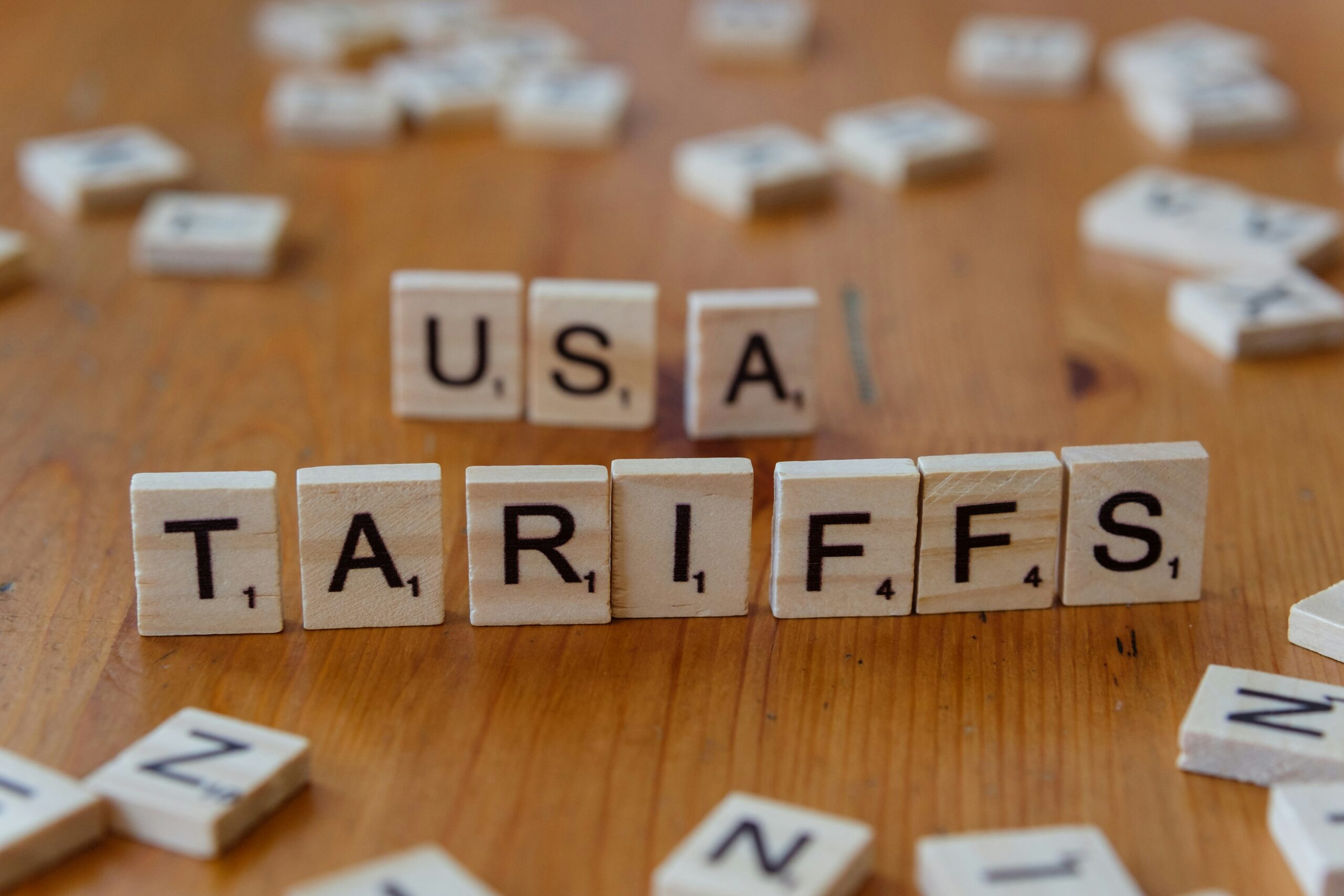Tackling the Economic Aftermath of April 2025
16 Apr

Business uncertainty is rife in the wake of wide ranging and seemingly ever changing tariffs implemented by the United States under the Trump administration.
The first executive order of 2 April 2025 included a blanket base rate of 10% on imports to the US from all countries and, as matters stand on 14 April 2025, tariffs on China could be as high as 145% – although there is a current pause on electronic tariffs.
Since the first executive order at the start of April, the picture has been changing on an almost daily basis, leading to a climate of business and market uncertainty. News on stock market fluctuations and government bond dumps have dominated the global news cycle as the world monitors the escalating economic battle between the US and China. Amid the fears of recession and economic collapse, budding signs of new trade relationships and trading partners give some clue as to what the future might look like.
The Fallout
These recent universal and reciprocal tariffs represent a dramatic break from traditional US trade policy and, coming so soon in the wake of the economic impact of COVID-19, businesses are left questioning their contractual protections, supply chains and global relationships.
The Trump administration tariffs add a new front for businesses to tackle – uncertainty and volatility. Since 2 April 2025, tariffs against all but China have been paused and the rate and impact of tariffs on Chinese goods is uncertain, with a pause on many electronic categories announced over the weekend of 12 and 13 April 2025 and a further announcement on semiconductors on 14 April 2025.
Does this only impact US businesses or those that are heavily reliant on the US? The short answer is no. As countries consider retaliatory tariffs and countermeasures, business must consider the holistic picture of the potential tariffs’ impact and how to improve business resilience amid such volatile conditions where investor confidence is low and the supply chain is unstable. Focussing only on impacted contracts will also only provide limited protection in this global market of knock-on impacts, whereas a holistic assessment can provide business resilience for growth and expansion in the current climate.
We are uniquely placed to assist – our global team boasts US and English legal expertise focussed on supply chain contracts and our China desk assists with a host of Chinese to foreign company relationship and dispute queries.
What Can Be Done?
Current Contracts
- Engagement with suppliers and customers
The market volatility has global impact and the value of a good relationship and communication should not be underestimated. Know your contractual position – but also know what you would be willing to compromise on for a negotiated variation.
- Force majeure
It’s that clause again! The “boilerplate” clause that gained celebrity status in COVID-19 is back in focus with tariffs.
What does your force majeure clause contain? What is the list of events described as “beyond your reasonable control”? Does it include government action?
Whether a force majeure clause will be interpreted to include the current tariffs very much comes down to the wording of the clause – English law generally holds that a change in economic circumstances which impacts profitability or ease of performance of a contract is not a force majeure event, so it is likely that this clause will not be very helpful unless tariffs or government action was specifically included.
- Cost fluctuation provisions
What are your contractual protections? Is there an optional indexation of cost fluctuation provision? If so, this may be your friend in being able to adjust contract sums.
- Frustration / Termination
English law is unlikely to hold that the tariffs have frustrated the contract (a common law remedy which discharges the parties from the obligations under contract). Frustration will generally not apply where obligations have become more expensive or onerous to perform, there must be some additional factor which would render performance radically different as originally envisaged.
Termination rights should be carefully considered – a material change of circumstances termination clause, for example, may be triggered.
Future Business
Building resilience is not just about firefighting on current contracts, business should take this opportunity to look at relationships for the future, including:
- Supply chain diversification
- Negotiated contractual protections, such as:
- Cost fluctuation protections and provisions;
- Change in applicable law clauses.
Connect with our experts:
- UK Corporate and Commercial: Richard Hyman and Simon Weinberg
- UK Disputes: Baruch Baigel
- UK Disputes and China Desk: Lynn Yin
- US Disputes and Commercial: Yisrael Hiller and Michael Abel